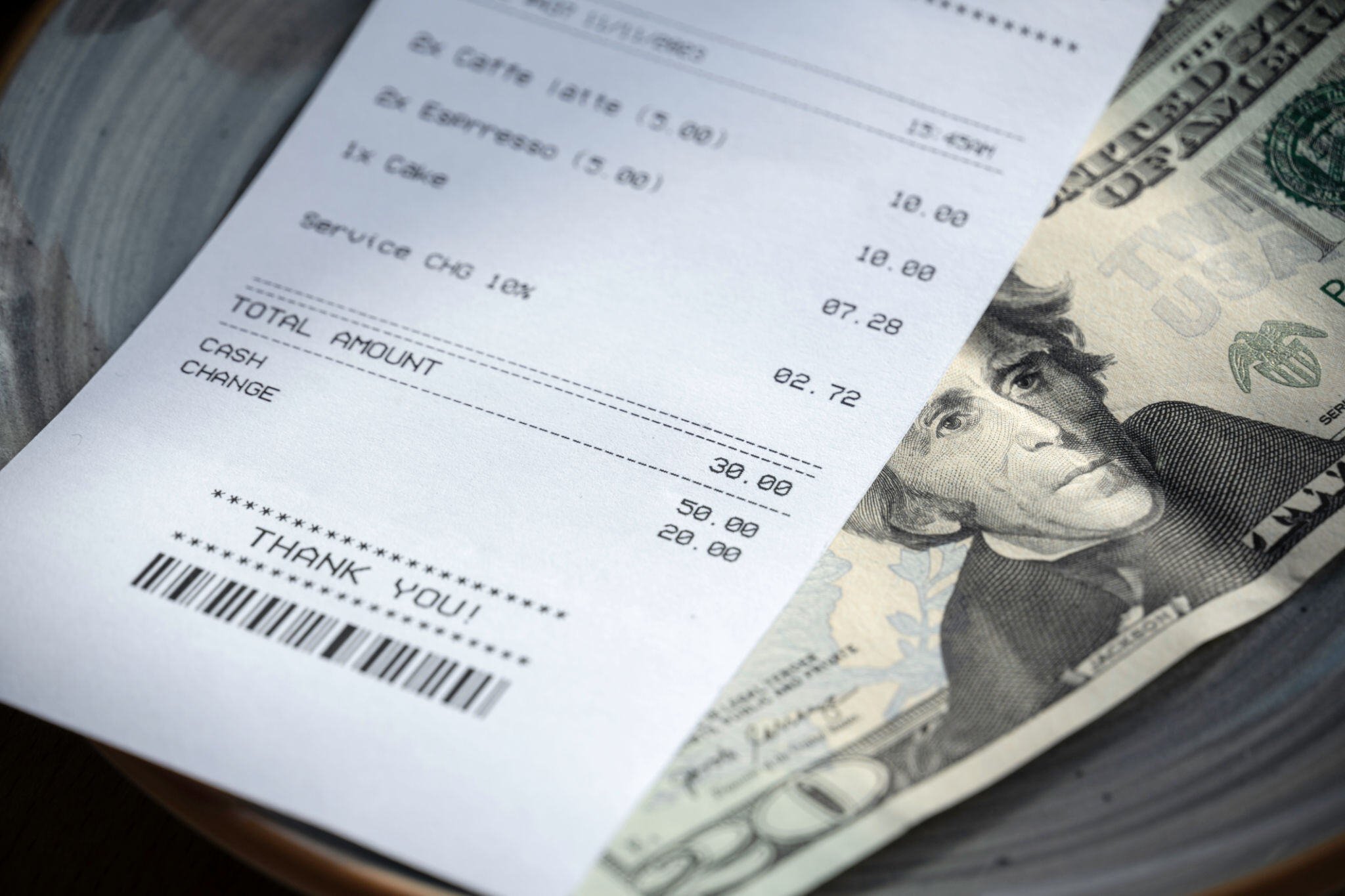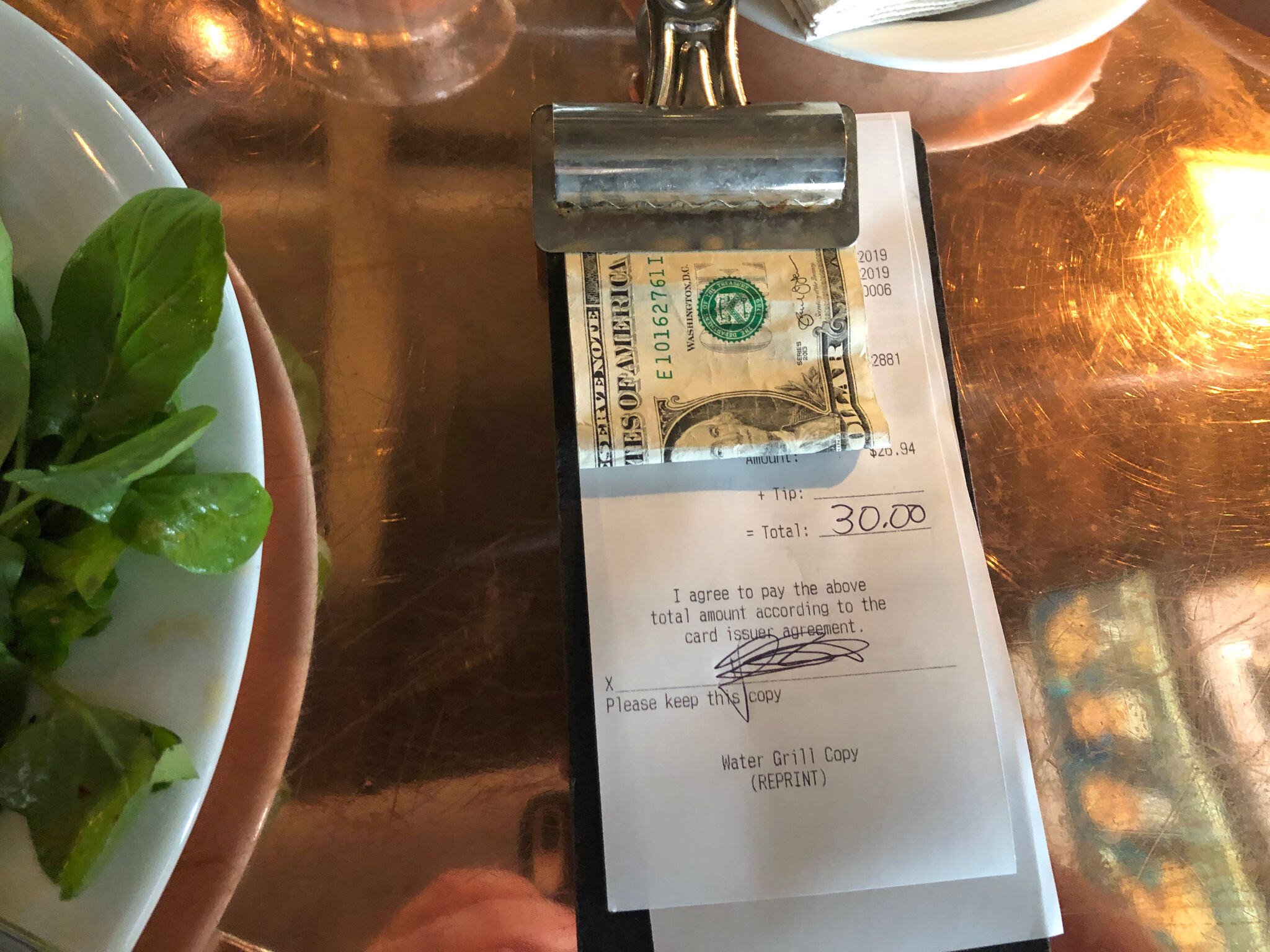Understanding the Basics of Bookkeeping
For small restaurant owners, managing finances can be a daunting task. However, DIY bookkeeping can help you keep track of your financial health without breaking the bank. Understanding the basics is the first step. Bookkeeping involves recording all financial transactions made by your restaurant, ensuring accuracy and consistency.
To get started, familiarize yourself with terms like assets, liabilities, equity, revenue, and expenses. These components form the backbone of your balance sheet and income statement. A clear grasp of these concepts will aid in managing your finances effectively.

Setting Up Your Bookkeeping System
Setting up a reliable bookkeeping system is crucial. You can choose between manual bookkeeping using spreadsheets or opt for accounting software designed for small businesses. Software options like QuickBooks or FreshBooks simplify the process with features tailored to restaurant needs.
Ensure you create a chart of accounts, which categorizes all transactions into specific accounts. This helps in organizing your financial data and ensures that nothing slips through the cracks. Regularly updating this chart is essential to reflect any changes in your business operations.
The Importance of Record Keeping
Good record keeping is the foundation of effective bookkeeping. It involves maintaining all receipts, invoices, bank statements, and other financial documents. This documentation is crucial for tax purposes and financial analysis.

Establish a routine for organizing and storing these documents. Digital storage solutions can help you maintain records efficiently and reduce clutter. Using cloud-based systems ensures you have access to your records anytime and anywhere.
Tracking Income and Expenses
One of the primary functions of bookkeeping is tracking your restaurant's income and expenses. This allows you to understand your cash flow and make informed financial decisions. Categorize your expenses into fixed costs, such as rent and salaries, and variable costs like utilities and food supplies.
Use this information to identify areas where you can cut costs or invest more resources. Regularly reviewing your income statement helps you gauge profitability and adjust your strategies accordingly.

Reconciling Accounts
Reconciling accounts is an essential step in ensuring that your financial records are accurate. This process involves comparing your internal financial records with external statements from banks or vendors. Any discrepancies should be investigated and resolved promptly.
Regular reconciliation, ideally on a monthly basis, helps prevent errors and fraud while providing a clear picture of your financial status. It also ensures that your books are ready for tax season or any audits that may arise.
Preparing Financial Statements
At the end of each accounting period, prepare financial statements such as the balance sheet, income statement, and cash flow statement. These documents provide insights into your restaurant's financial health and performance.
These statements are not only essential for internal analysis but are also required by potential investors or lenders to assess your business's viability. Understanding how to interpret these documents will aid in making strategic decisions for growth and sustainability.

Staying Compliant with Tax Regulations
Staying compliant with tax regulations is a critical aspect of bookkeeping for small restaurants. Familiarize yourself with local tax laws and deadlines to avoid penalties. Regularly update your records to ensure all tax-related information is accurate.
Consider consulting with a tax professional if needed, especially during tax season. They can help identify deductions applicable to your restaurant business, potentially saving you money while ensuring compliance with all regulations.